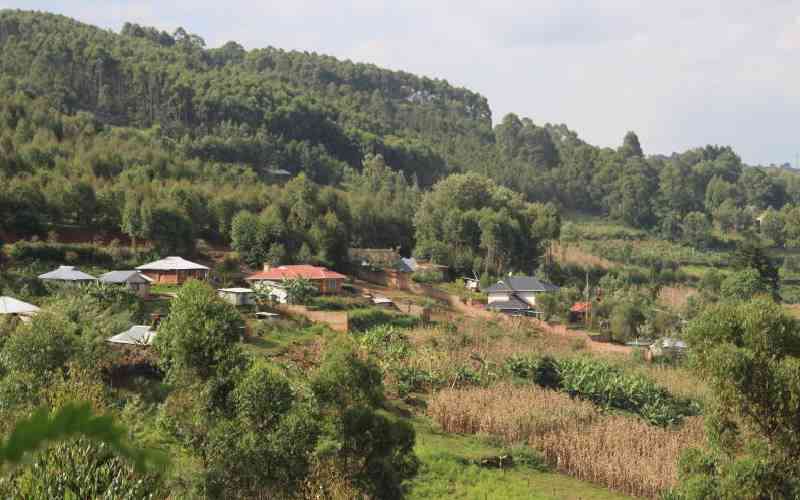×
The Standard e-Paper
Kenya’s Boldest Voice

With sub-divisions conducted by more than two generations, children born today may have nothing to inherit from the ancestral land in Gusii region.
Today, a typical farm consists of a long strip of land running down to the stream, which includes several homesteads stuck in parcels measuring less than 50 by 100 square feet.